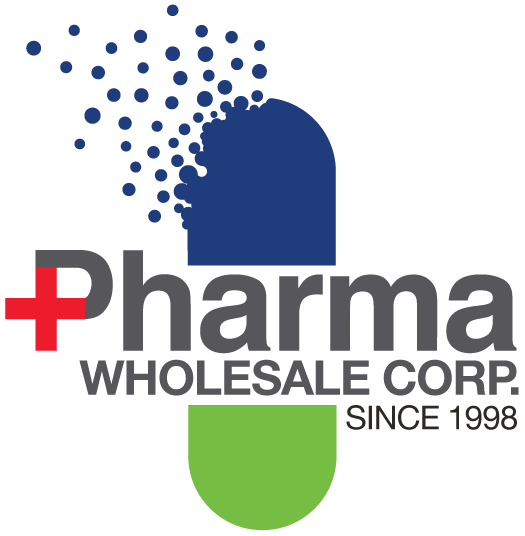Medical News Today Article By Corrie Pelc on December 14, 2023 — Fact checked by Sarah Myers, PharmD
Researchers estimate that more than 10 million people around the world have Parkinson’s disease, making it the second most prevalent neurodegenerative disease after Alzheimer’s disease.
There is currently no cure for Parkinson’s disease. Medications, lifestyle changes, and sometimes surgery are used to manage symptoms through the disease’s stages.
Over the past few years, researchers have also looked at nicotinamide adenine dinucleotide (NAD+) — an important molecule that helps the body create energy — as a possible treatment for Parkinson’s disease.
Previous research suggests people with Parkinson’s may have a NAD+ deficiency, and increasing NAD+ levels may have a positive effect.
Now, a phase 1 clinical trial has found that a high dose supplementation of nicotinamide riboside (NR) — a source of vitamin B3 and precursor to NAD+ — increased whole blood NAD+ levels and expanded the NAD+ metabolome in people with Parkinson’s disease, and may be associated with clinical symptomatic improvement for those with the condition.
The study was recently published in the journal Nature Communications.
What are NR and NAD+?
According to Prof. Charalampos Tzoulis, professor of neurology and neurogenetics at the University of Bergen and Haukeland University Hospital, Bergen Norway, and co-lead author of this study, NR is a form of vitamin B3 and a precursor of NAD+.
“NAD+ is an essential coenzyme that plays a vital role in multiple cellular processes, including mitochondrial function — the powerhouses of the cell — and cellular energy metabolism, regulation of gene expression, and DNA repair,” Dr. Tzoulis explained to Medical News Today.
“Research has shown that abnormal energy metabolism, due to dysfunction in the mitochondria, occurs in the Parkinson’s disease brain and is believed to play a role in the initiation and progression of the disease,” he added.
Dr. Daniel Truong, a neurologist and medical director of the Truong Neuroscience Institute at MemorialCare Orange Coast Medical Center in Fountain Valley, CA, and editor-in-chief of the Journal of Clinical Parkinsonism and Related Disorders, who was not involved in this study, told MNT that NAD+ levels tend to decline with age.
“Some potential benefits and uses associated with NR include anti-aging, energy metabolism, mitochondrial function, [and] DNA repair,” Dr. Truong detailed. “Some research suggests that NR might have neuroprotective properties.”
NR supplementation may help Parkinson’s
This study was part of the ChromaDex External Research Program (CERP™), which donated ChromaDex’s patented NR ingredient, Niagen®, for the advancement of this research.
The phase 1 clinical trial included 20 study participants with idiopathic Parkinson’s disease. Participants received either 3,000 milligrams (mg) of NR in oral supplement form, or a placebo each day for 4 consecutive weeks.
Study participants were then assessed based on clinical and molecular measures, an electrocardiogram, and the severity of Parkinson’s disease symptoms through the MDS-UPDRS rating scale.
Researchers found that NR significantly increased NAD+ levels and modified the NAD+ metabolome in whole blood, compared to those who received the placebo.
Clinical symptoms improve after B3 supplementation
The study also reportedly found the high-dose NR was safe and well-tolerated by study participants, and was associated with a significant improvement of clinical symptoms of Parkinson’s disease, measured by the Movement Disorder Society Unified Parkinson’s Disease Rating Scale (MDS-UPDRS), suggesting augmenting NAD+ levels may have a symptomatic anti-Parkinson’s effect.
“The study showed that treatment with high dose NR 3 gr [grams] daily is short-term safe for a month and may, therefore, be explored in larger clinical trials,” Dr. Tzoulis said. “It must be stressed that our study does not establish general safety for this NR dose, or whether it is safe to take for any period longer than 30 days. This remains to be determined in longer studies.”
“In addition, the study showed that NR 3 gr daily leads to a pronounced increase in blood NAD levels and related metabolites, without causing any adverse metabolic effects after 30 days,” he continued.
However, he cautioned that, “[w]hile NR treatment was associated with a small clinical improvement in this study, this cannot be interpreted as a sign of clinical effect, as the study was not designed to detect clinical improvement.”
Read full article here.

